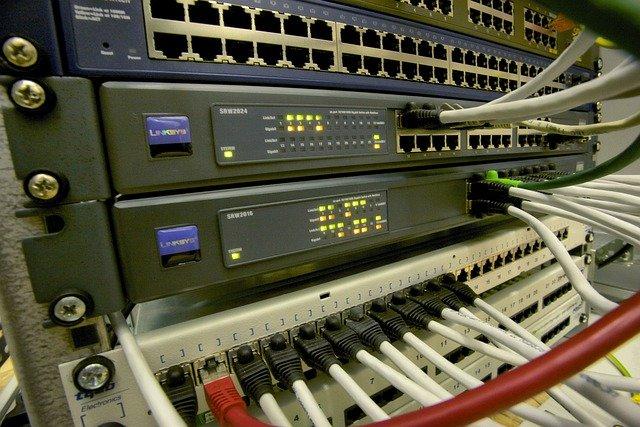Enhancing Company IT Security
When it comes to IT security, it is important that companies take economical and appropriate protective measures. The new EU CRA law tightens the required investment in cybersecurity according to the current state of the art. When companies process critical customer data, they must regularly undergo new security audits. Previously, this requirement largely applied to operators of critical infrastructure (e.g. hospitals, internet providers, energy suppliers, telephone companies).
With the new requirements, companies with non-critical infrastructures must now also carry out appropriate security precautions and IT audits if they process critical customer data or provide platforms in which users move digitally. This now also affects SMEs and medium-sized companies (e.g. educational institutions, wholesalers, real estate portals, social media). This also applies to companies with customer portals in which outsiders maintain your (personal) data, retrieve private/commercial invoices or communicate digitally with the company or third parties.

However, for a security audit to be successful, company documents and employees must be prepared for the requirements. It is important that companies regularly provide their employees with appropriate cyber security awareness training.
But even beyond legislation and regulatory obligations, IT security is a difficult topic. Companies lose data every day due to accidental deletion of devices, defective hard drives or digital crime.
Sometimes you cannot be 100% prepared for all types of dangers. then you have to react to the situation and find a constructive solution.
In order to better protect themselves, companies must classify their IT systems and data reserves into risk classes. You should also define protection goals so that suitable precautions can be taken for the respective risk classes. This should be part of a secure IT practice. Ultimately, customers want to be sure that companies are not mishandling their valuable data. However, the ongoing trend towards digital transformation also increases the vulnerability of companies of all sizes and industrial classes. Therefore, in digitalization, IT security is an existentially important part of the security precautions of every company. Small corporations are now also required to optimize their cybersecurity in a timely manner.
IT security in the company

IT security in the company requires investment in suitable software, hardware, consulting and employee training. The rules for corporations differ fundamentally from SMEs. However, if no precautions have been taken, a set of rules cannot be recognized as certifiable.
However, things are becoming more and more critical in the area of IT liability insurance or IT risk insurance. Insurers do not want to insure cyber risks if companies do not have IT security. Insurance companies require credible evidence through a wide range of security checks.
In order to increase the level of IT security in an organization, one has to introduce a Security Operations Center (SOC). This SOC will have Cyber security experts and special equipment in order to handle different kinds of cyber attacks. Nevertheless, before jumping into this adventure, you should gain additional understanding of such relevant topics by reading the articles we have provided in our blog category insights it security.
